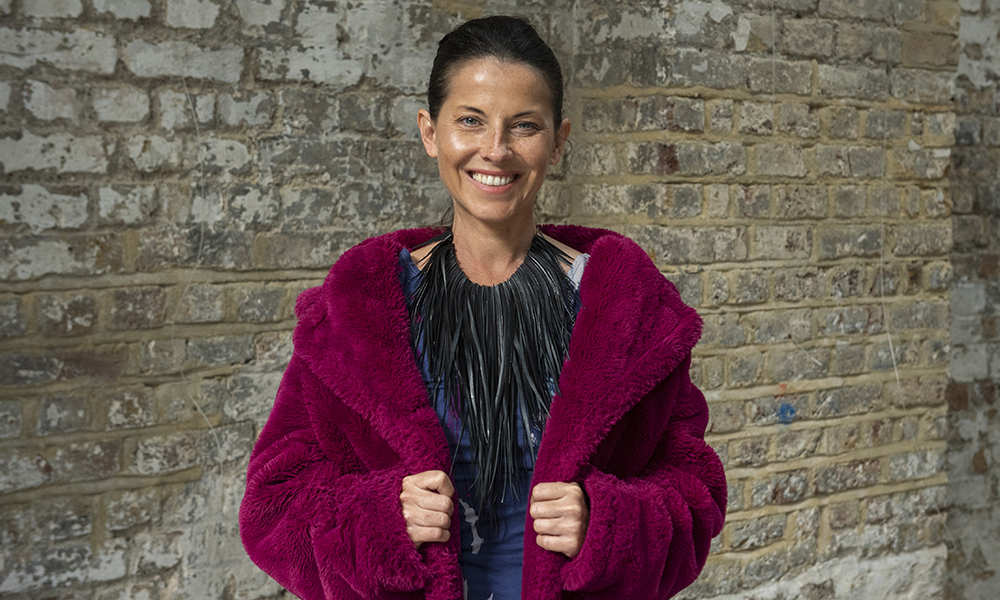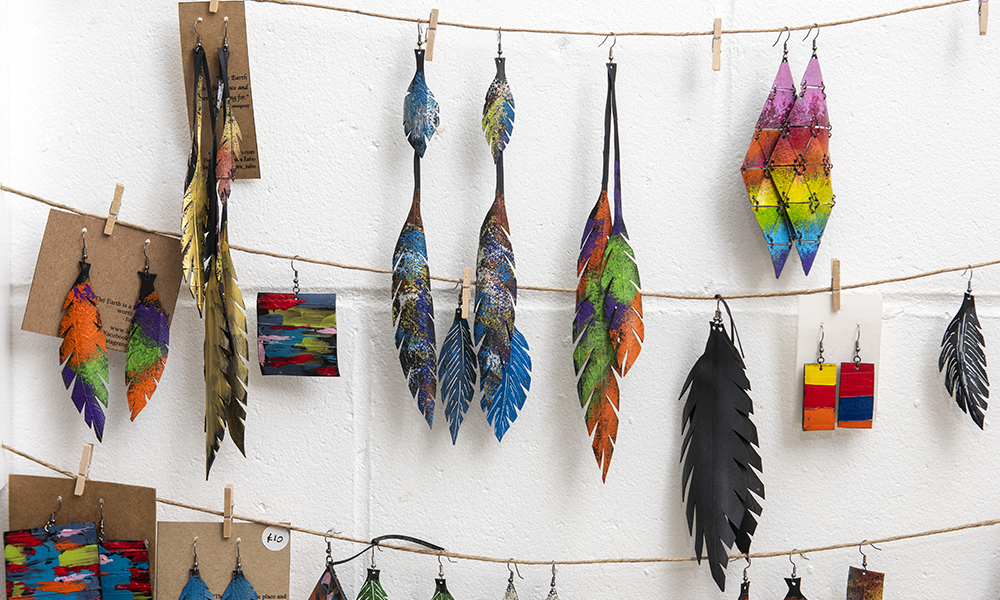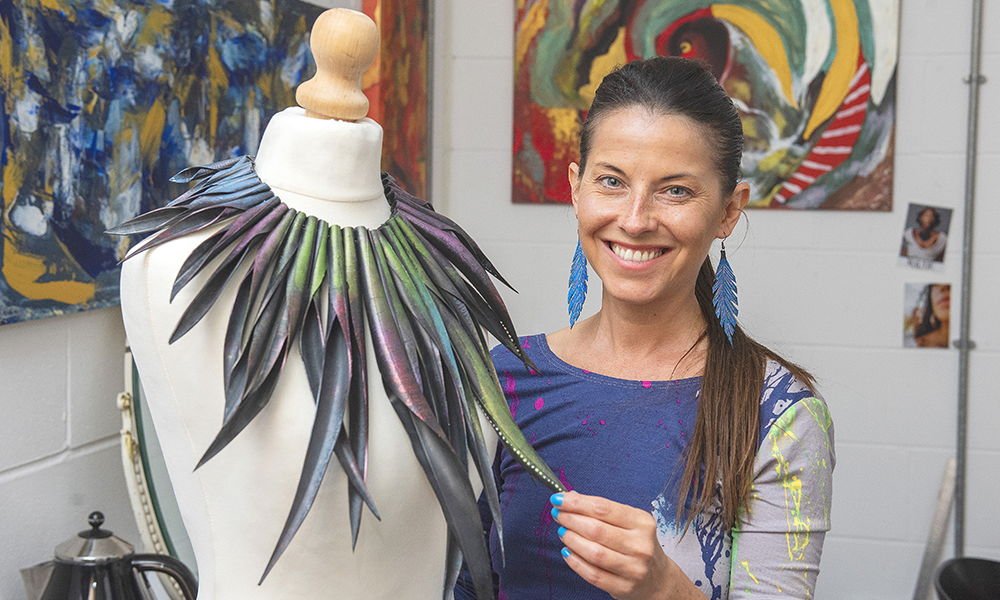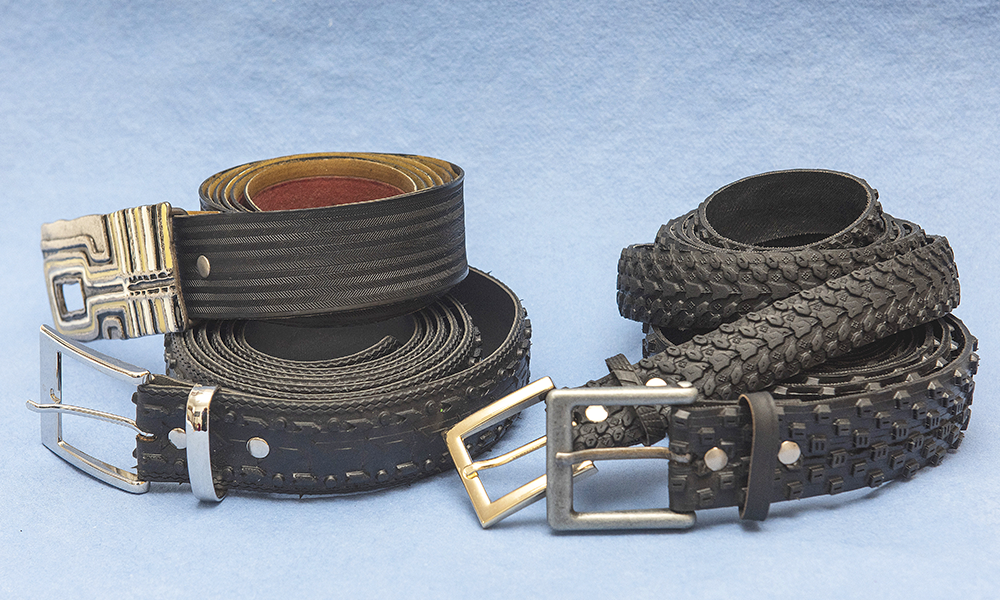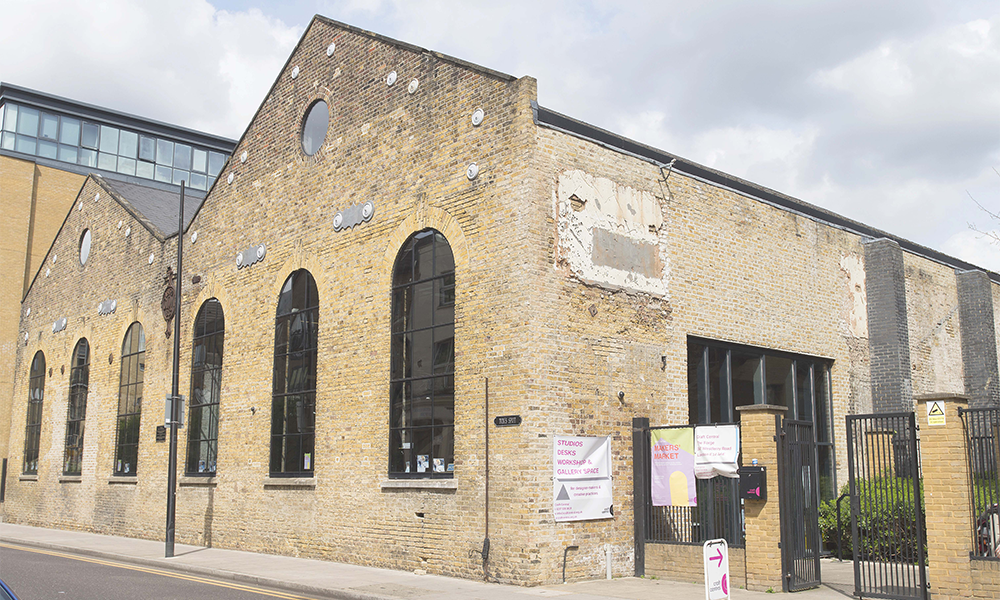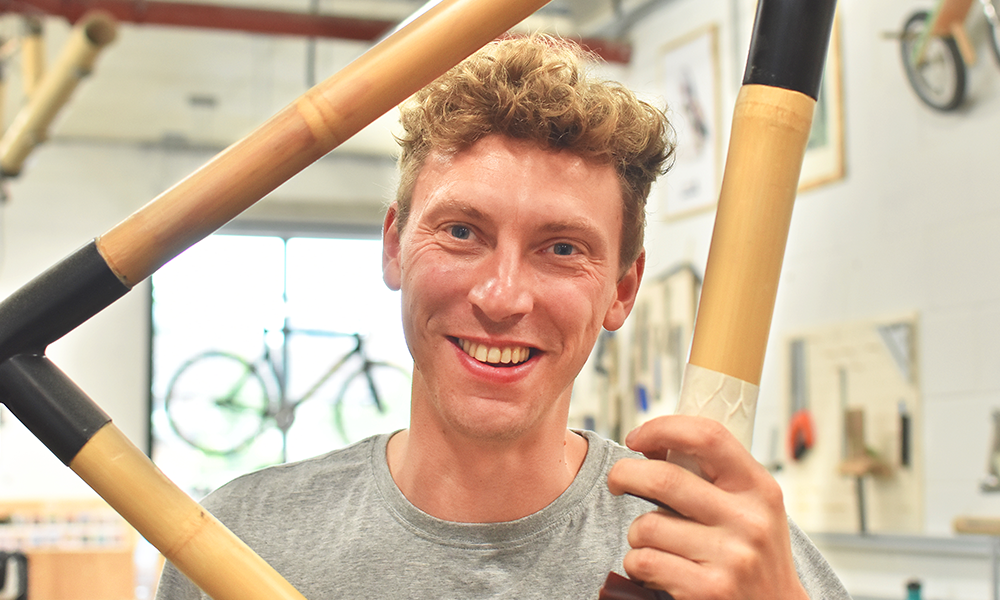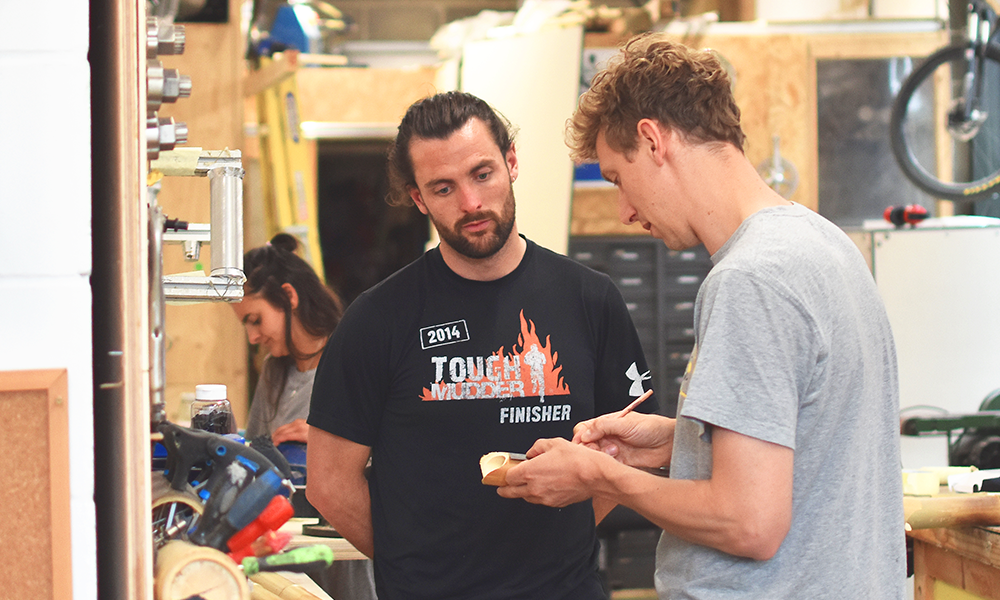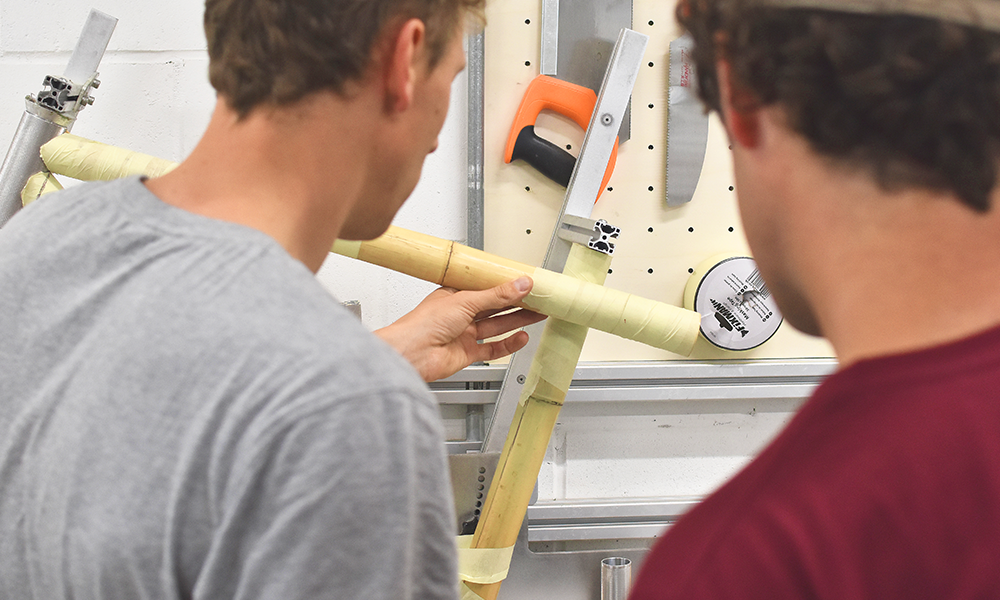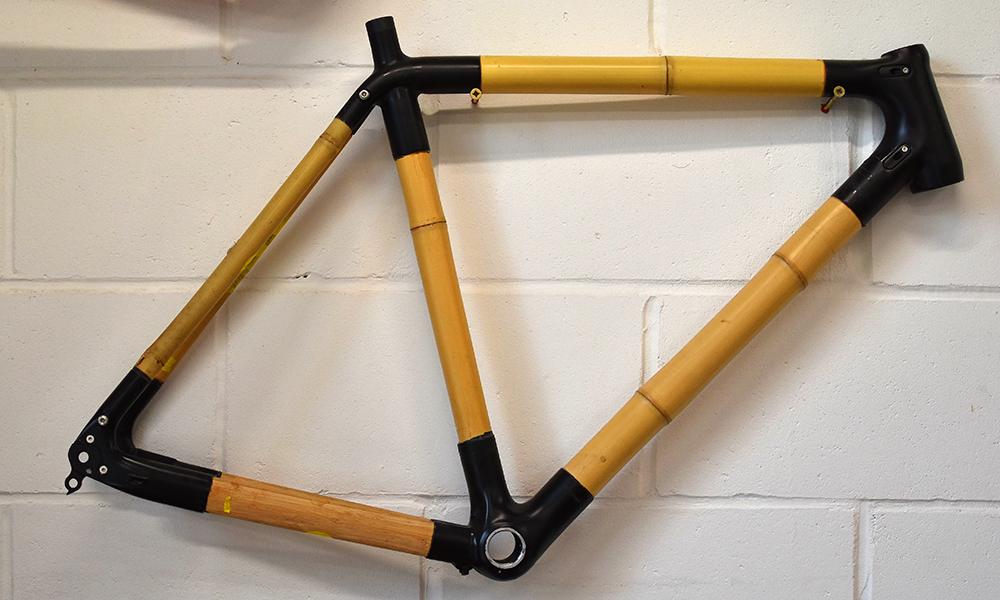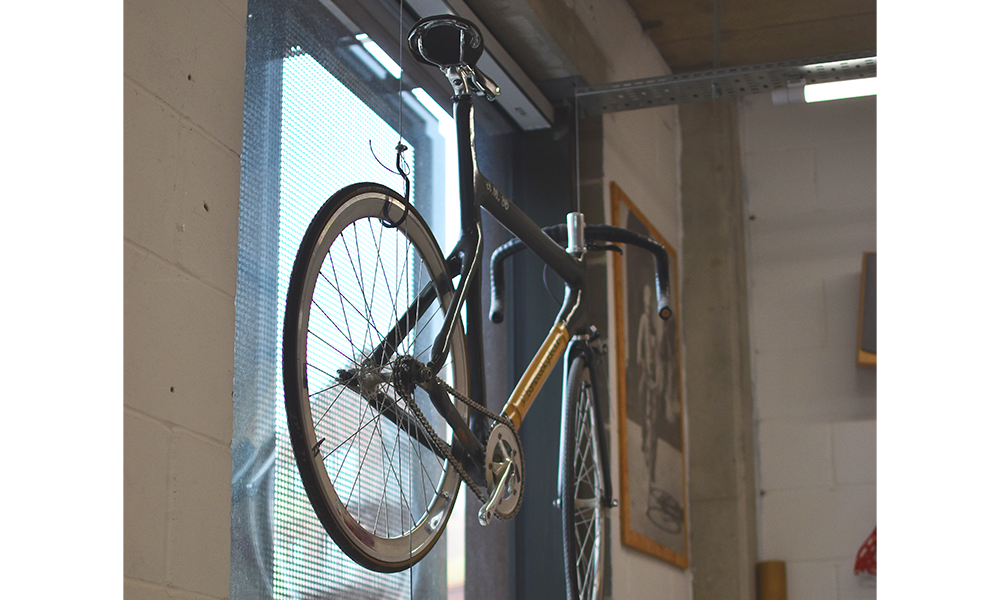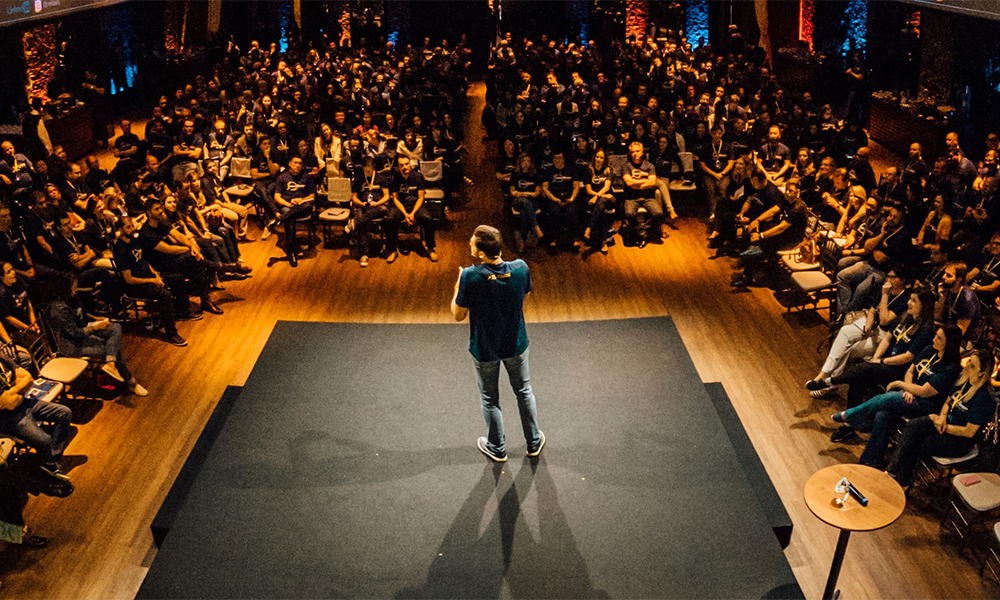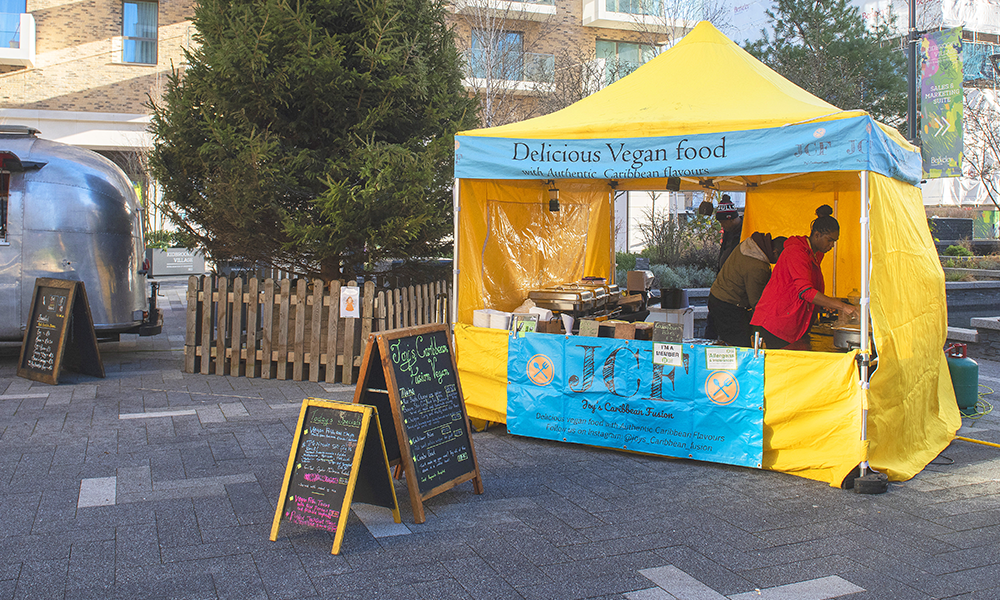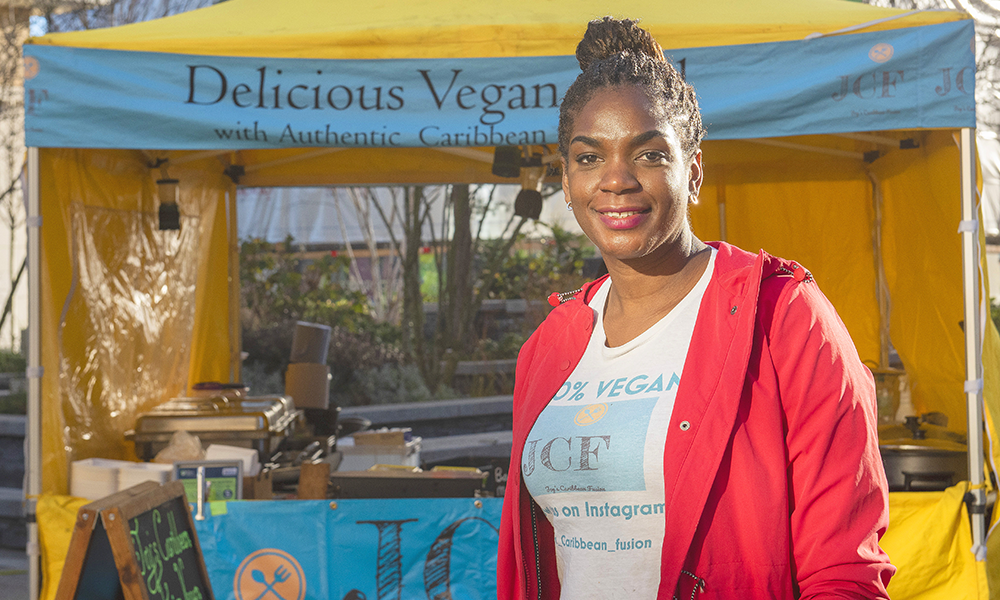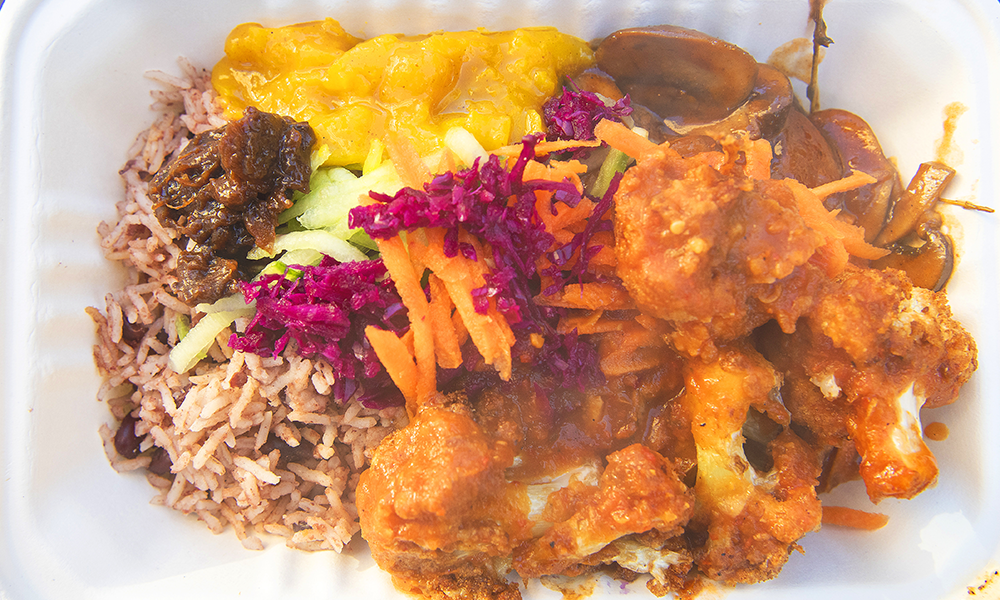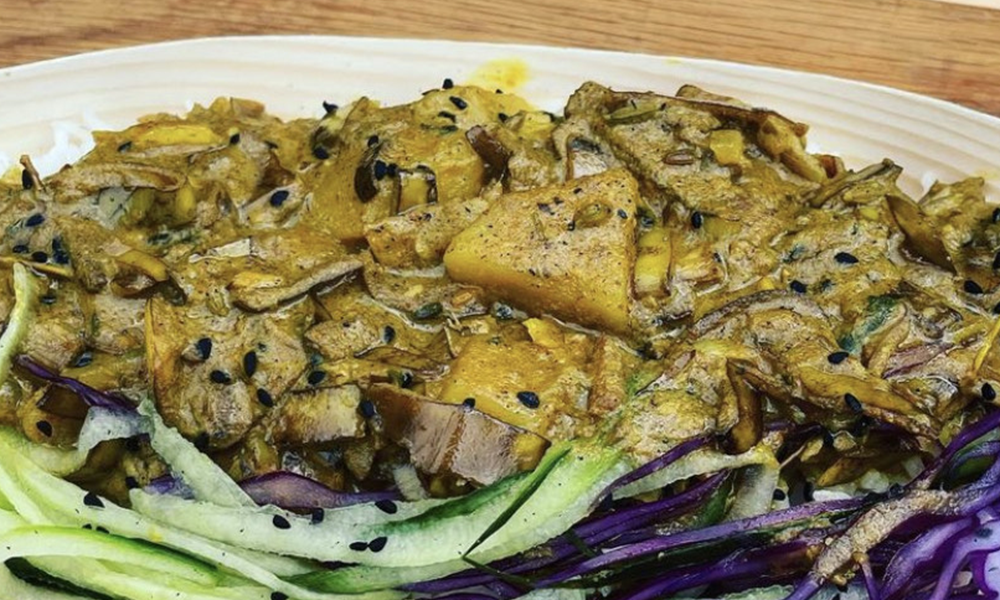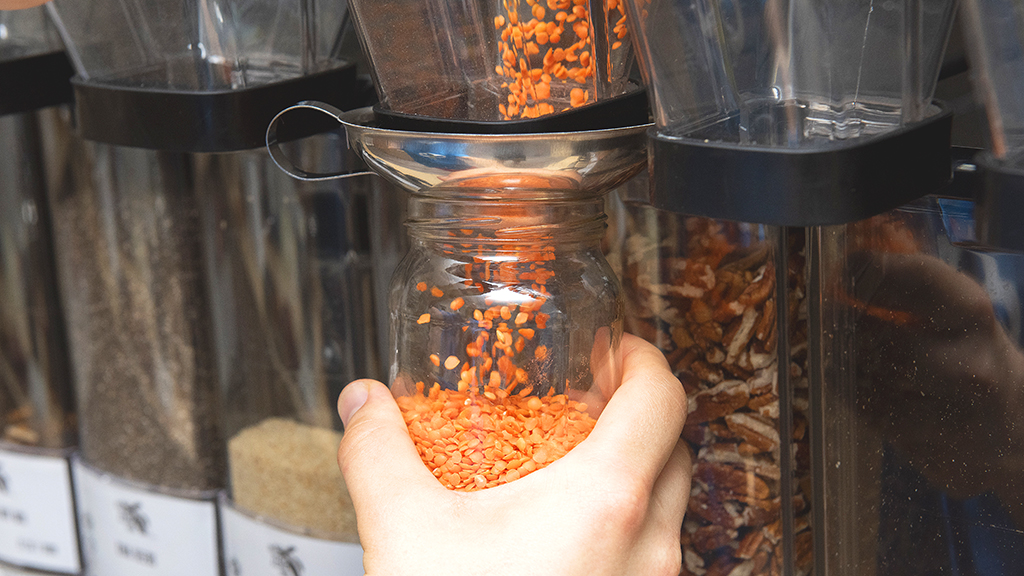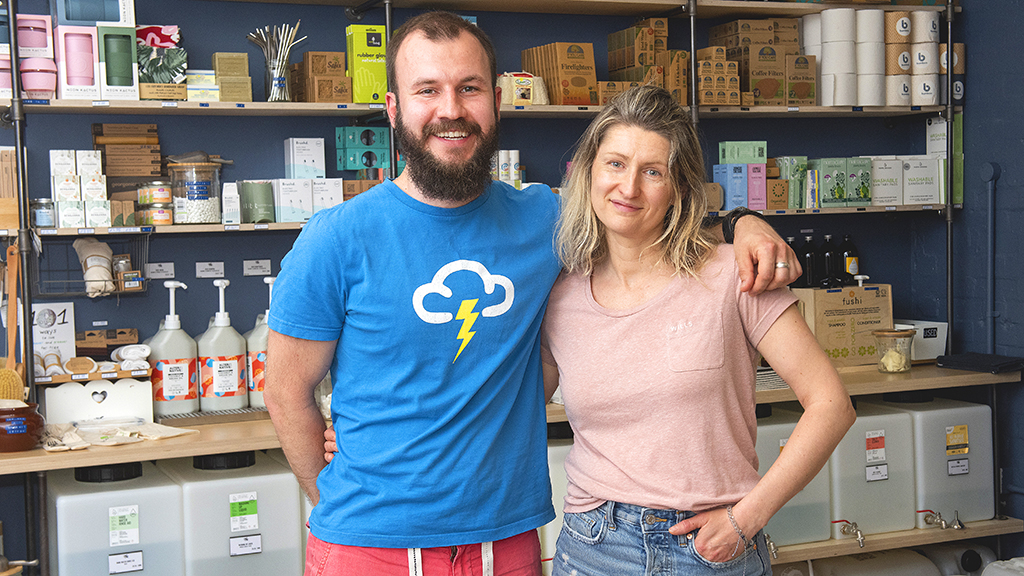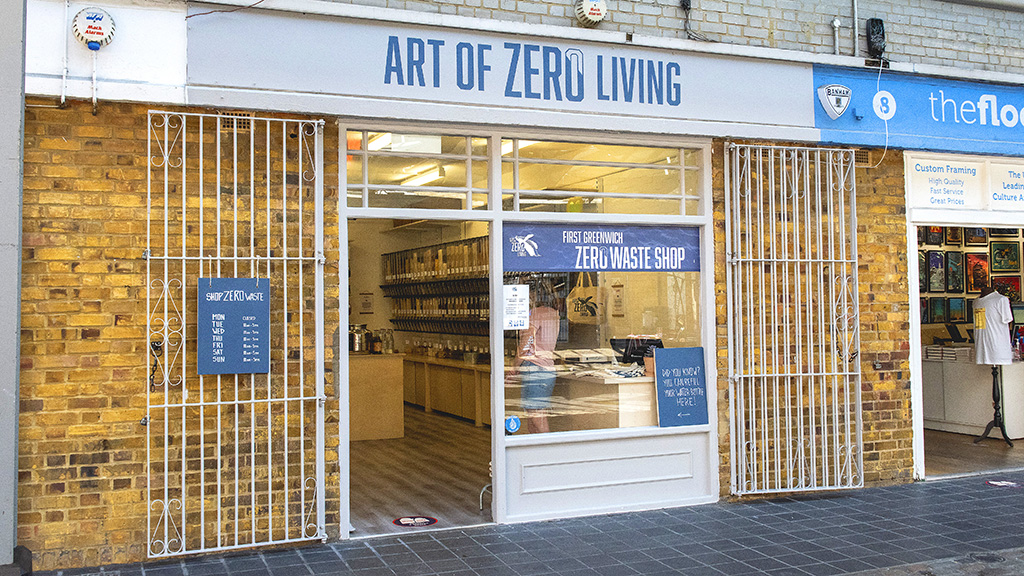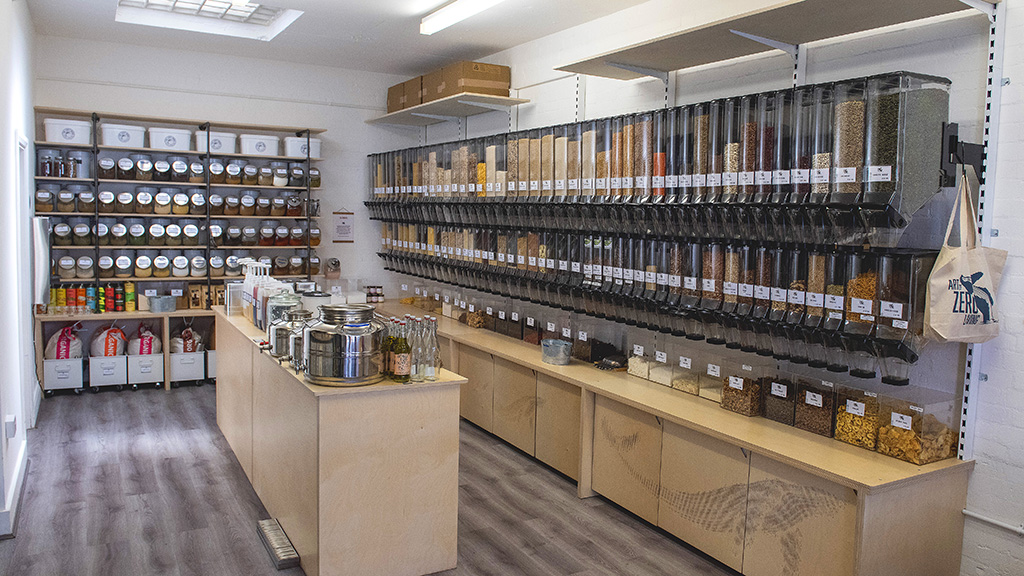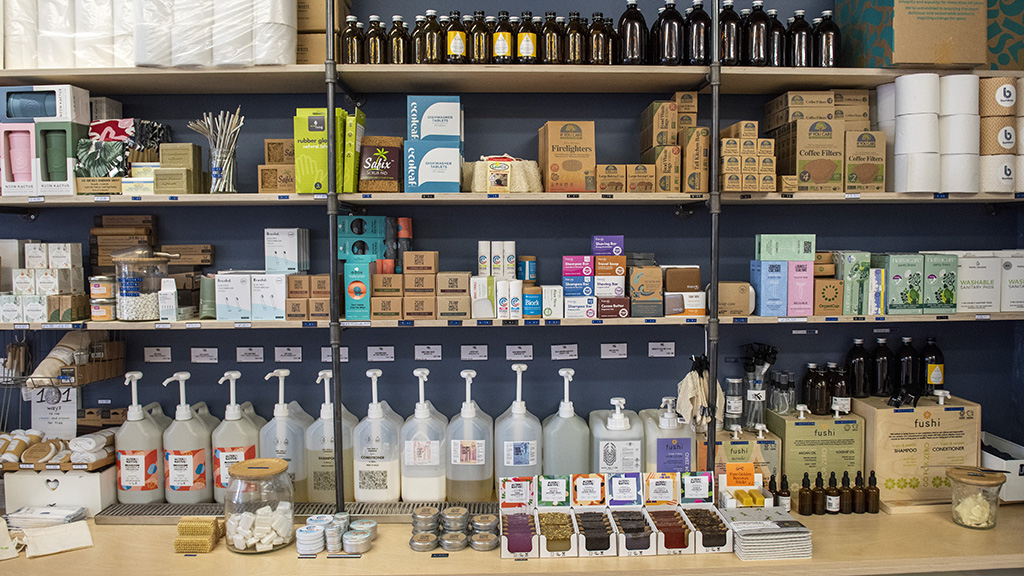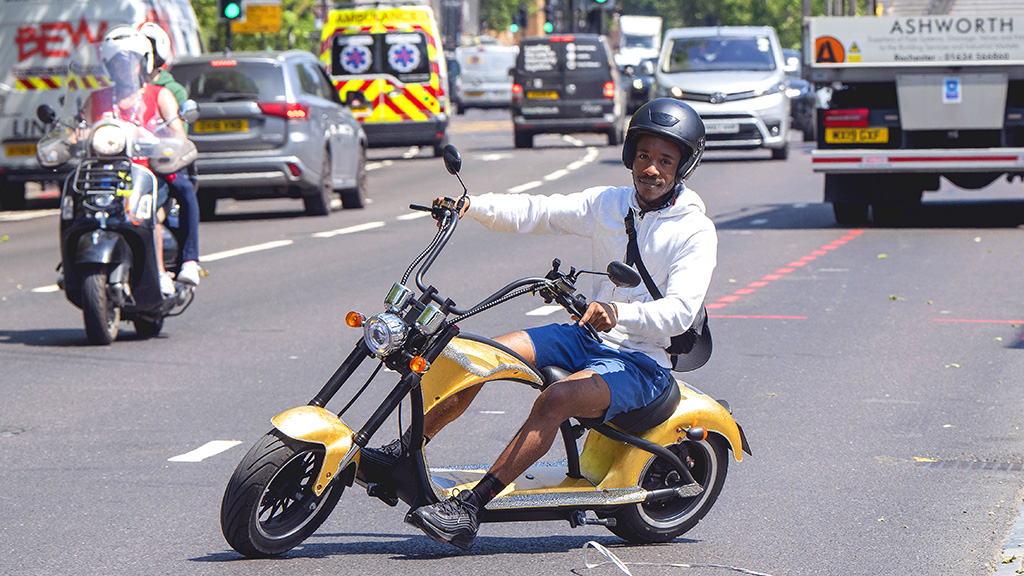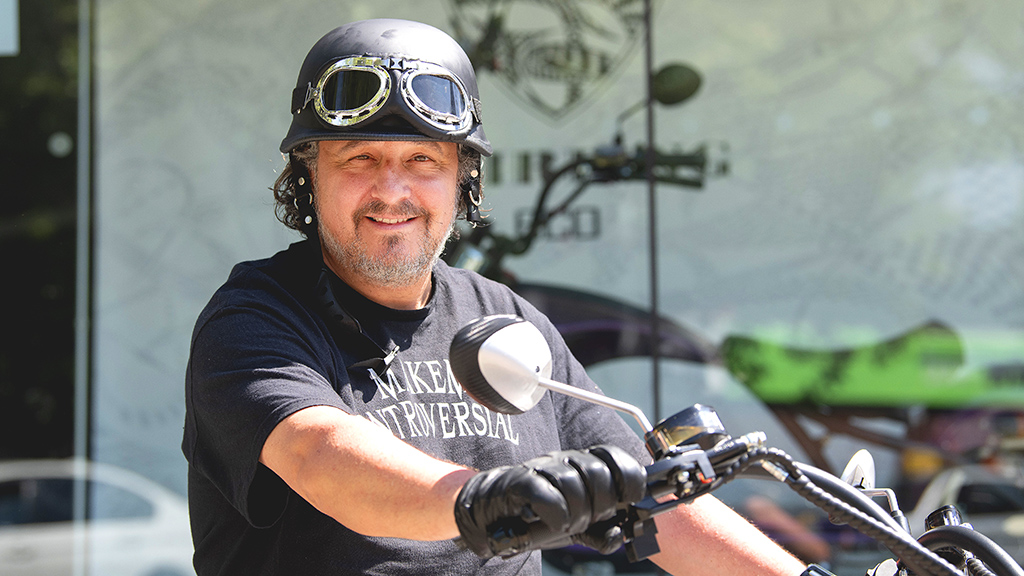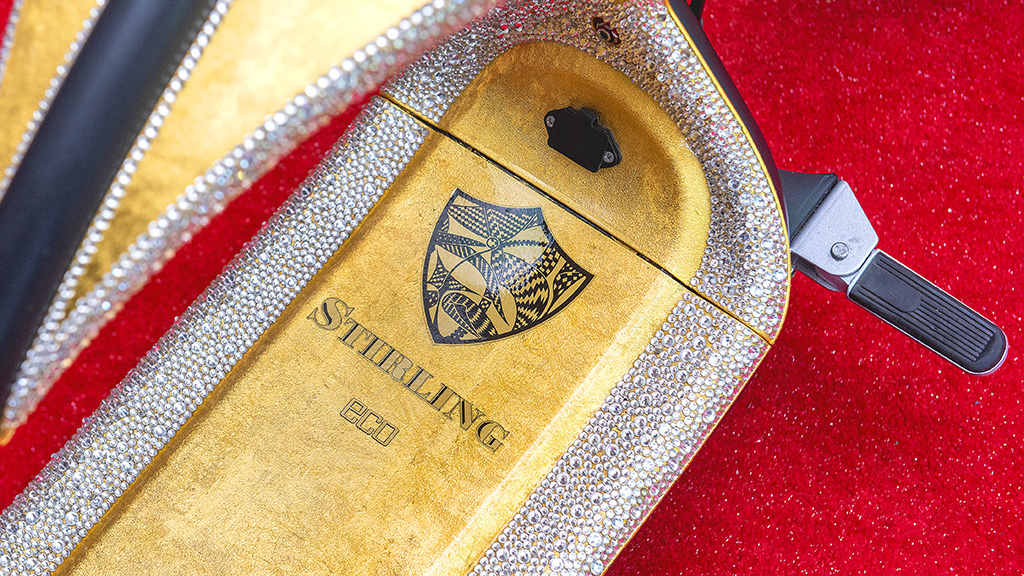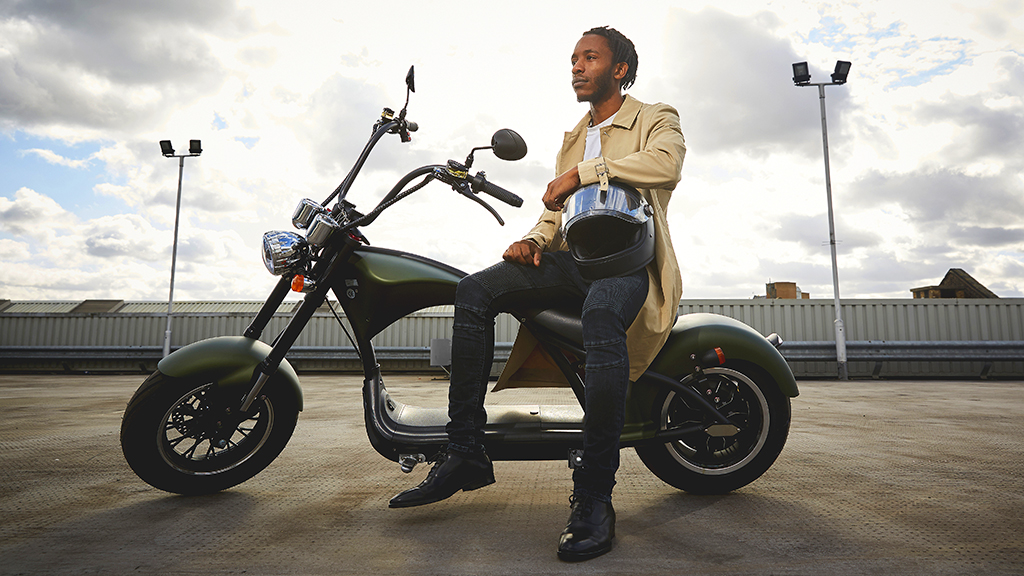We sit down with Canary Wharf Group’s Sophie Goddard and the Eden Project’s Sir Tim Smit to talk ecology, life and nature at the heart of the estate
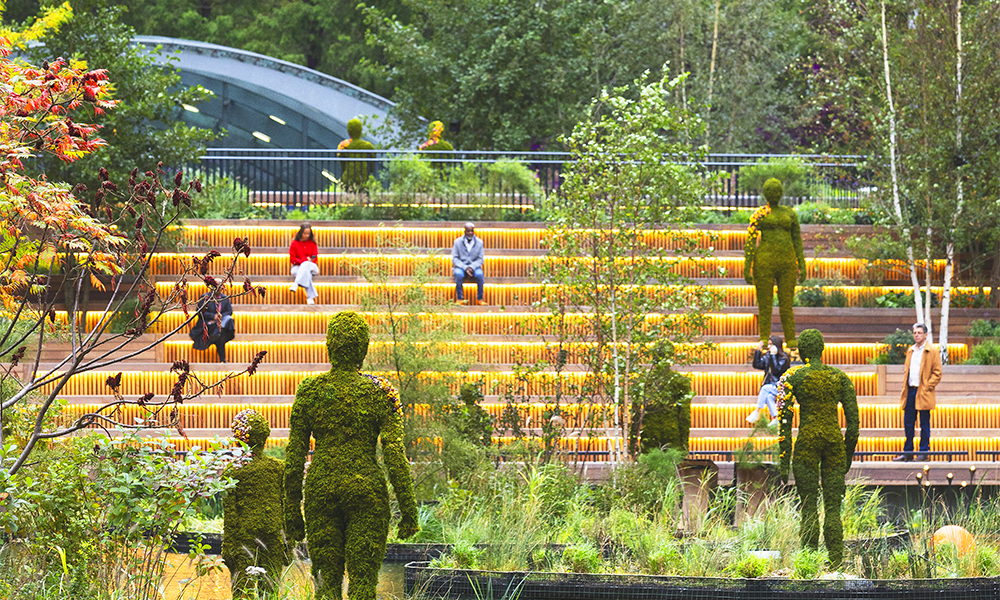
Subscribe to our free Wharf Whispers newsletter here
Eden Dock, which officially opened on October 2, 2024, is a project with multiple layers, both literal and philosophical.
Wharfers will doubtless soon festoon its golden-lit benches.
It will become a meeting place for passengers pouring out of the Jubilee line station, a spot for a coffee, lunch or simply to read a book during a break.
Visitors to the estate both during the day and at night will be drawn in by its rich foliage and subtly illuminated boardwalks.
At face value, it is a physical extension of the Canary Wharf estate – a new amenity.
Many will use it as such, probably not thinking too much more about it.
That’s absolutely fine – it’s one of the project’s aims.
But to view it as just a new park a would be to miss much of the detailed thinking and ambition behind its creation and, crucially, the statement of intent it represents.
Sure, it’s a pretty place to sit, a decent backdrop for a few selfies.
But it’s about much more than floating planters and smart wooden benches.
Canary Wharf Group has worked in partnership with ecological heavyweight the Eden Project in Cornwall to create “an urban oasis” with the stated aim of boosting flora and fauna on the estate.
It’s also intended to foster greater connection between us humans and the rest of the animals and organisms we share it with.
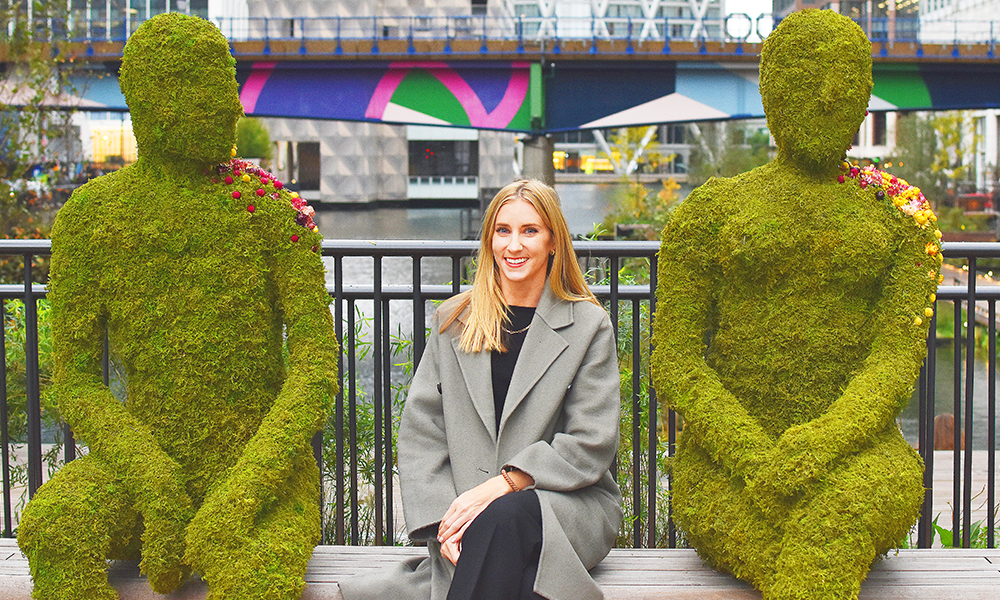
a different measure of success
“Typically, real estate companies take projects forward and work out the leasing income as a measure of success,” said Sophie Goddard, director of environment, social and governance at Canary Wharf Group.
“But that isn’t the case with Eden Dock, which is like no other project in Canary Wharf.
“Success will be judged on whether people are connecting with the space.
“We’re hitting a biodiversity net gain of 55%, which is phenomenal and we’re improving air quality but we want people to come here and use this space.”
Eden Dock is now officially open to the public.
Comprising a series of gardens and waterside spaces, the waters of Middle Dock have further been transformed by the presence of 20 living figures made from flowering shrub ligustrum – a lush art installation entitled Nature Rising that will become part of the estate’s permanent public sculpture collection and help to draw attention to the new walkways, seating areas and bridges.
Three years in the making, its launch on the estate is being supported by a programme of events including night kayaking (from Oct 2, see Page 6) dockside Yoga with Third Space (9am on October 10), the arrival of Square Mile Farm’s hydroponic agriculture at Jubilee Place (open until November 1) and a Glow In The Dark Flower Shop from Bompas And Parr, which is set to open on World Mental Health Day (October 10, also in Jubilee Place).
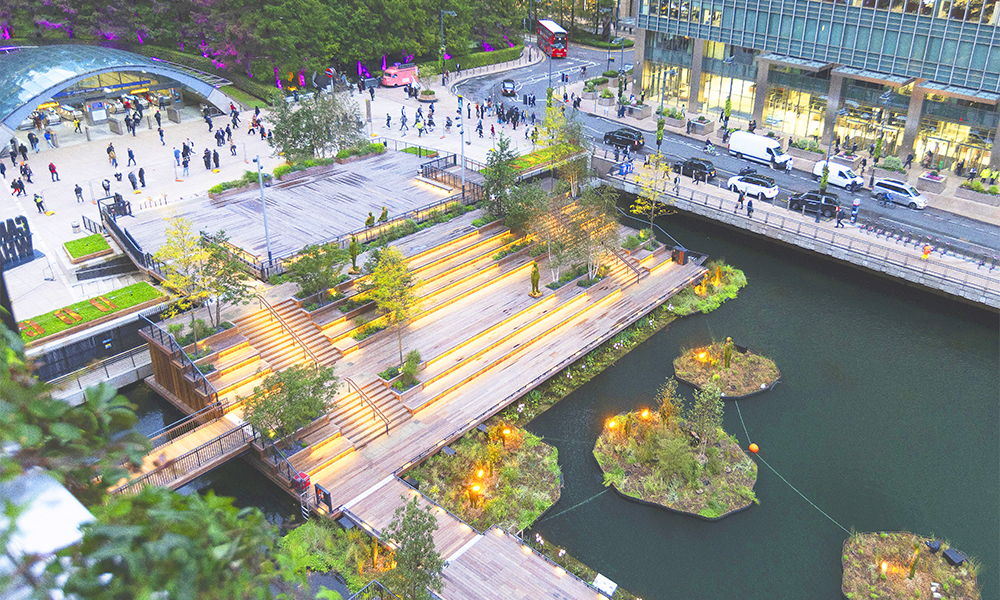
Eden Dock: coming to life
However, for the Eden Project’s co-founder, Sir Tim Smit, Eden Dock is part of a wider message about how we view all of life in the context of the places we inhabit.
“One way of looking at what’s happening in the dock is to see it as a body coming to life,” he said.
“We want to create a sense that the more bugs there are, the healthier the area is likely to be
“I think we’ve got to look at Canary Wharf as an incredibly powerful, moral story of people wanting to create a place, where they’ve established a habitat to live and now want to start sharing that with other things to make us all healthier.
“What is happening in cities, which is very interesting, is that there are so many different niches where creatures can develop.
“For example, in Canary Wharf, you will find these under each window ledge, beneath every rock or stone and every different material that’s been used.
“There is already greater biodiversity in the suburbs and the centre of our cities than there is in the average field in Britain, which has been nuked with pesticides and nitrates.
“One of the really exciting things I would wish to champion with the team at Canary Wharf would be a grown-up look at who is sharing this place with us and how we can encourage the maximum amount of life to thrive here.
“The estate is a great location in which to ground the lightning of innovation around enhancing biodiversity.
“It is also our belief that the varied surfaces, textures and environments found at Eden Dock will encourage a greater diversity of life than much of the open farmland in this country.
“Moreover, the attention to life and beauty, plus the softer edges that characterise the natural worlds, will directly influence the happiness and sense of belonging of all who work, live and visit the estate.”
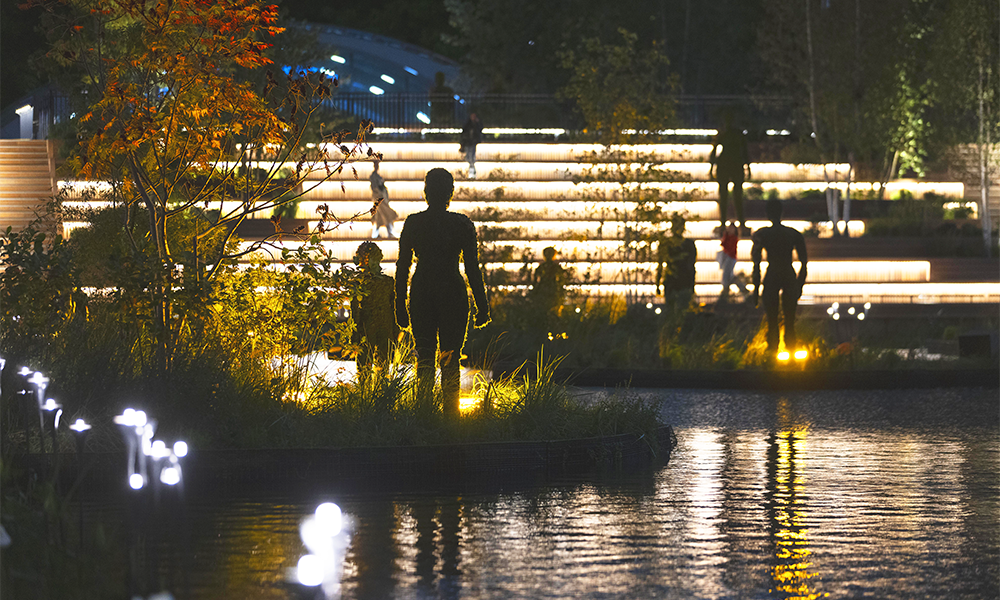
an injection of wellbeing
That focus on wellbeing and mental health has provided vital impetus as Canary Wharf continues to change and grow.
“As we’re evolving the estate, we need to look to what we believe will have value in the future, said Sophie.
“This is the first of many projects and it is ultimately about creating paths at multiple levels, whether that’s on rooftops or at the ground level, with all these interconnecting spaces to allow green space to flow through Canary Wharf.
“We had 67million people visit the estate last year and we have 3,500 living here, but we need to constantly be asking: ‘Do they feel they belong? Are we having a positive influence on their wellbeing?’.
“Projects like this are an example of how we’re trying to not just attract a greater number of people here, but also to have a beneficial effect on our residents, workers, visitors and neighbours.”
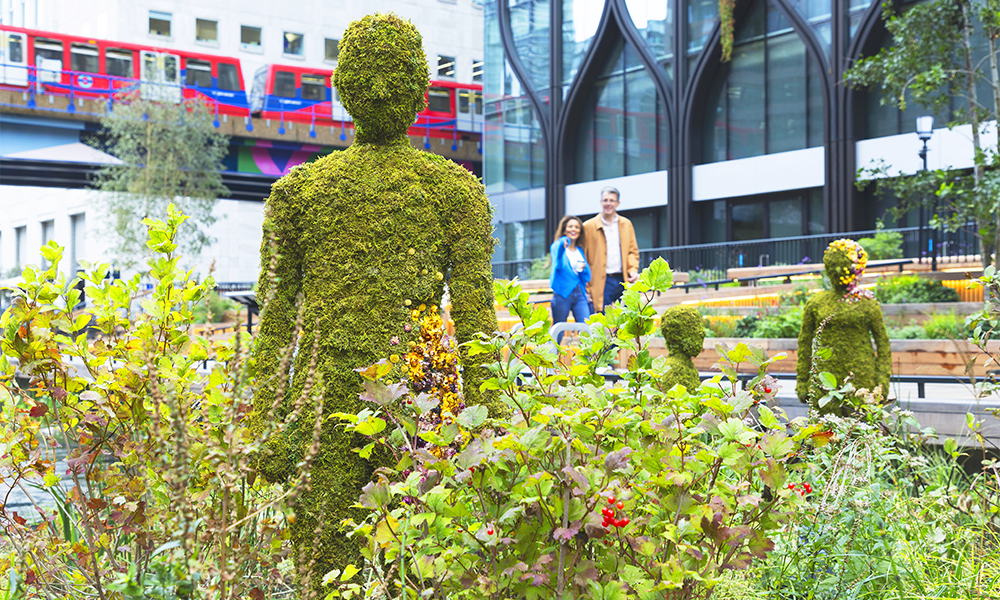
beautifully realised
Tim added: “If the brief is to create a sense of life and livelihood, the colour, vibrancy and shape of everything that’s required needs to suggest life to the people who live and work here. Eden Dock is very much a valid first step towards doing that.
“It’s beautiful. You can see from the way the planting has been done that, very soon, it’s going to have soft lines everywhere – people are going to want to have picnics there – and that’s something you can build on.
“Nature is pretty cool at doing the biodiversity thing, it’s been doing it a long time.
“It’s important to realise we are all part of nature – it’s not a third party that we interact with.
“When I talk to children, I talk about opening up their guts, which always gets their interest.
“I ask them whether they are aware that there are around 3trillion things living inside them and that our bodies are the most brilliant hosts.
“It’s really important to remember we are a part of nature, not apart from it.
“And nature is so resilient.
“As we go, we need to proceed, not by planting trees along walkways, but doing a little bit here, a little bit there and then watching what happens.
“We really need to think about the environment we live in and the spaces where we gather.”
The suggestion is that spending time surrounded by living things is not just a desirable way to spend some time, but perhaps a more primal need that is as vital to our mental health as the oxygen we rely on plants and trees to create for us.
As Tim puts it, Canary Wharf going “punk rogue” on ecology at the heart of the estate generates excitement for the future and exhilaration in the present.
You can feel it now, for free at Eden Dock.
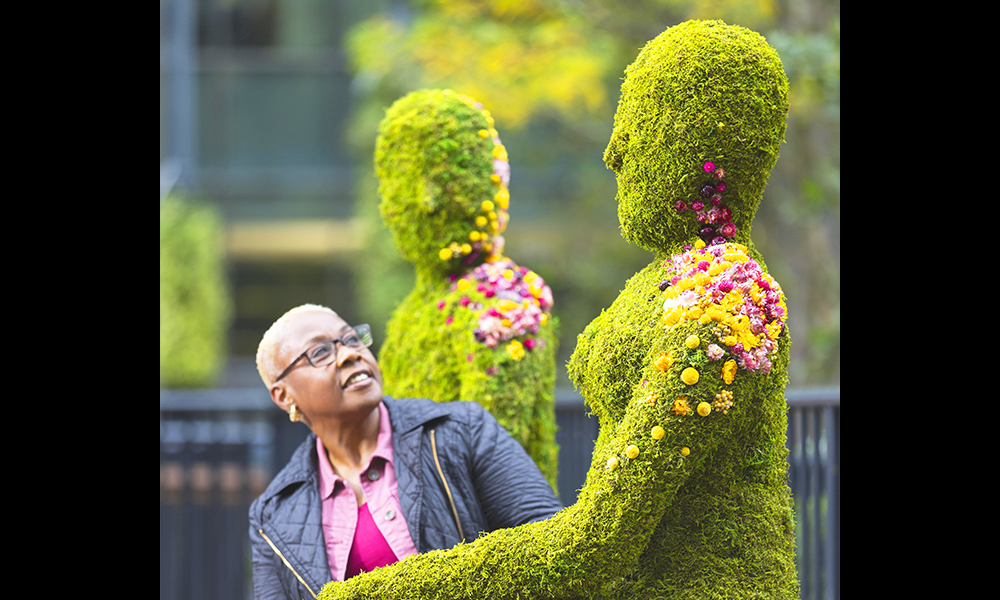
key details: Eden Dock
Eden Dock can be found right outside the main exit of Canary Wharf’s Jubilee line station.
The area is completely free to visit.
Full details of the project and the activities in celebration of its launch can be found online.
Read more: How Boat Sales By Aquavista offers residential moorings in east London
Read Wharf Life’s e-edition here
Subscribe to our free Wharf Whispers newsletter here
- Jon Massey is co-founder and editorial director of Wharf Life and writes about a wide range of subjects in Canary Wharf, Docklands and east London - contact via jon.massey@wharf-life.com




